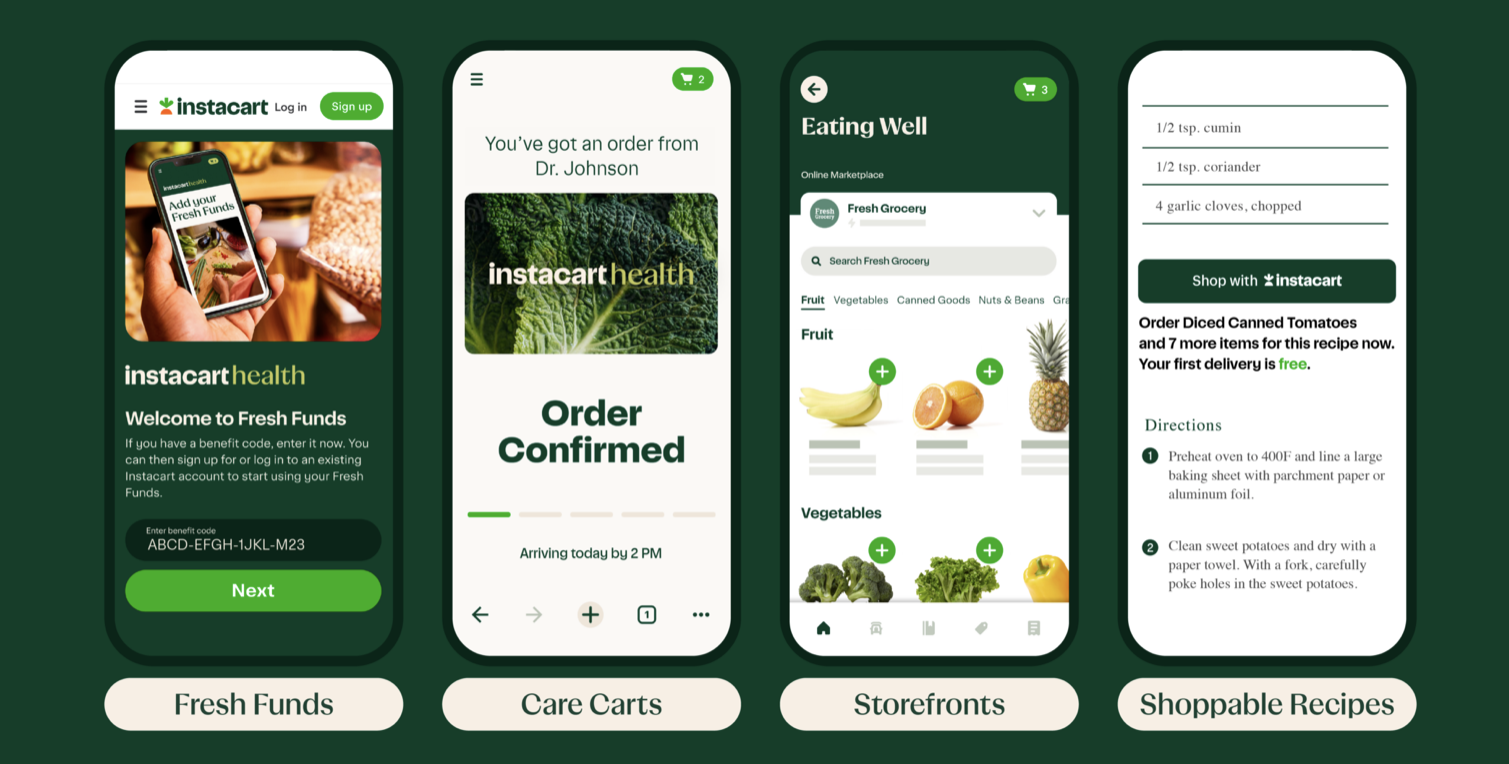Social determinants of health (SDOH) are the conditions in which people are born, grow, live, work, and age, and the broader array of influences and structures impacting everyday living. These determinants are the key drivers of health disparities, leading to unjust and preventable health outcomes.
SDOH include factors such as:
Economic Stability
This includes factors like employment, income, debt, and socioeconomic status. People with lower income levels often face greater challenges accessing healthcare and maintaining healthy lifestyles. The ability to secure stable employment, earn a livable wage, manage financial obligations, and attain a certain socioeconomic status directly impacts one's access to healthcare services, ability to afford healthy lifestyle choices, and overall quality of life.
Individuals facing financial hardships may struggle to prioritize their health due to limited resources, leading to disparities in healthcare access and health outcomes. It is essential to address economic inequalities and provide support systems to ensure all individuals have equal opportunities to lead healthy and fulfilling lives.
Education
Individuals with a higher education level tend to exhibit better health behaviors, such as regular exercise, balanced nutrition, and avoidance of harmful substances like tobacco and excessive alcohol consumption. This is because education not only provides individuals with the knowledge and understanding of healthy lifestyle choices but also empowers them to make informed decisions about their health.
Higher levels of education are closely linked to greater access to healthcare services. Educated individuals are more likely to have health insurance coverage, seek preventive care, and adhere to medical treatments, leading to better overall health outcomes. Education can also enhance health literacy, enabling individuals to better understand health information, navigate the healthcare system, and communicate effectively with healthcare providers.
Social Connectedness
Social support networks play a crucial role in individuals' overall health and well-being. Having strong social connections and a supportive community can act as a buffer against stress, loneliness, and mental health issues. When people feel connected and supported by those around them, they are more likely to engage in healthy behaviors, seek out healthcare when needed, and have a sense of belonging and purpose.
On the other hand, discrimination and social isolation can have detrimental effects on both mental and physical health. Experiencing discrimination based on factors like race, gender, or socioeconomic status can lead to chronic stress, anxiety, and depression, all of which can impact one's overall health. Similarly, feeling socially isolated or disconnected from others can increase the risk of developing mental health disorders and exacerbate existing health conditions.
In contrast, communities that foster social cohesion and inclusivity create environments where individuals feel valued, supported, and encouraged to prioritize their health and well-being. By promoting social support networks, community engagement, and addressing issues of discrimination and social isolation, we can create healthier and more resilient communities where everyone has the opportunity to thrive.
Neighborhood and Physical Environment
The physical environment in which people live, work, and play can significantly impact health. Factors such as access to safe housing, clean air and water, transportation options, and green spaces all influence health outcomes.
Access to safe and secure housing is fundamental to maintaining a healthy lifestyle, as it provides a foundation for stability and a sense of security. Clean air and water are essential elements directly impacting respiratory health and overall physical well-being. Inadequate access to clean air and water can lead to respiratory illnesses and other health complications.
Transportation and infrastructure also play a significant role in health outcomes. Easy access to public transportation, walkable neighborhoods, and bike-friendly paths can promote active lifestyles and reduce reliance on cars, thereby contributing to improved physical health. The availability of green spaces and parks in communities provides opportunities for outdoor recreational activities, which are vital for mental well-being and stress reduction.
Access to Healthcare
Healthcare access includes factors such as health insurance coverage, proximity to healthcare facilities, availability of primary care providers, and affordability of healthcare services. Limited access to healthcare can lead to delayed or inadequate treatment, exacerbating health disparities.
Health Behaviors
Individual behaviors such as diet, exercise, smoking, alcohol and drug use, and sexual activity all play a critical role in determining an individual's overall health and well-being. These behaviors are not only influenced by personal choices but also by a complex interplay of social, economic, and environmental factors.
By addressing the social determinants of health that shape these behaviors, such as promoting affordable and nutritious food options, creating safe and accessible environments for physical activity, and implementing education and prevention programs, we can empower individuals to make healthier choices and ultimately improve population health outcomes.
Addressing social determinants of health requires comprehensive, multi-sectoral approaches that go beyond traditional healthcare interventions. This involves collaboration between various sectors such as education, housing, transportation, and social services to create a holistic approach to improving health outcomes.
By working together to address the underlying factors that contribute to health disparities, we can create a more equitable and inclusive society where everyone has the opportunity to lead a healthy and fulfilling life. This approach not only benefits individuals but also strengthens communities and promotes overall well-being for all.


 Healthcare providers recognize the crucial role nutritious diets play in promoting and maintaining good health. People with healthy eating patterns
Healthcare providers recognize the crucial role nutritious diets play in promoting and maintaining good health. People with healthy eating patterns 
 A steady diet of fast food might hurt your child in the classroom, a new study finds.
A steady diet of fast food might hurt your child in the classroom, a new study finds.